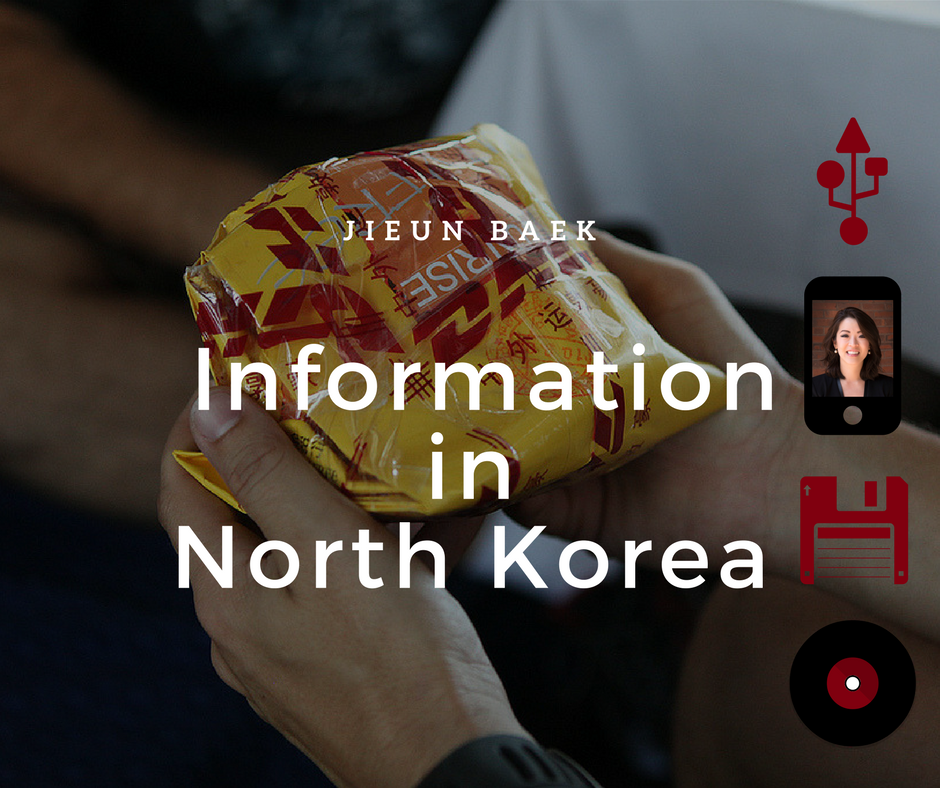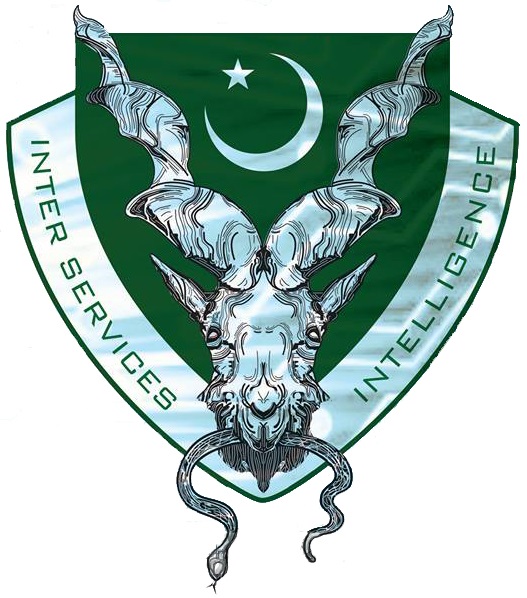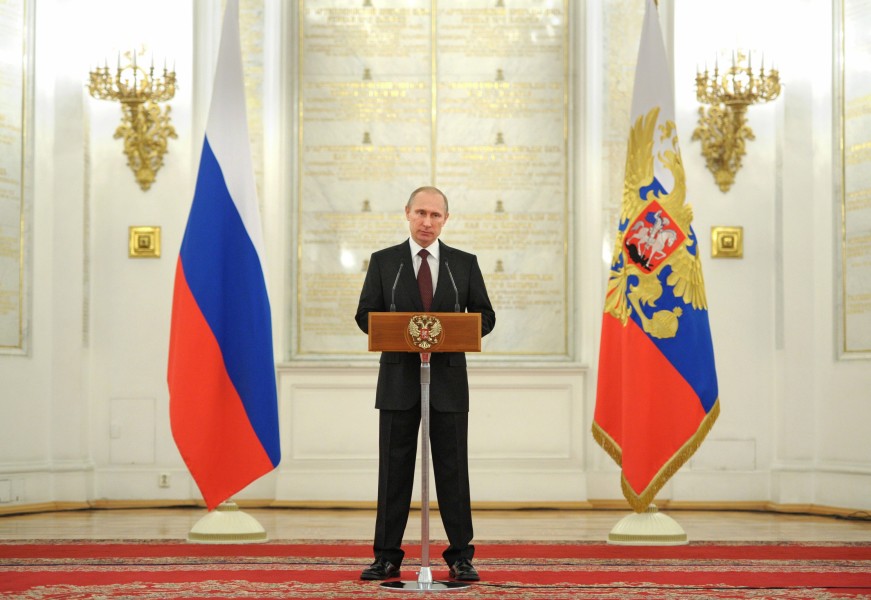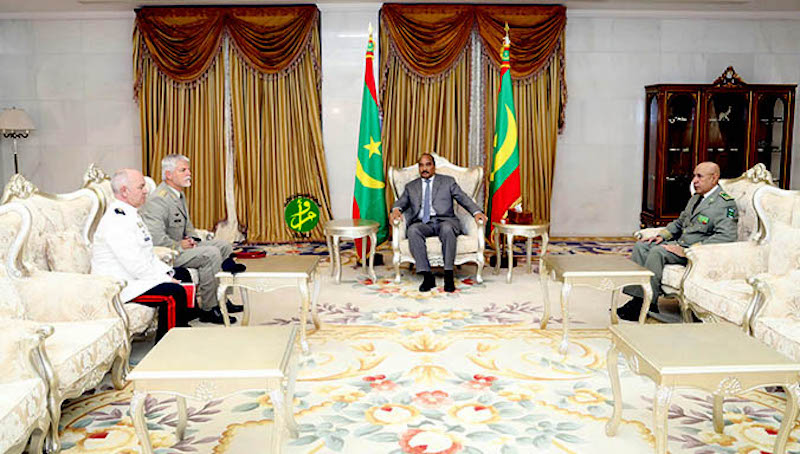Jieun Baek, a PhD candidate in Public Policy at the University of Oxford, is the author of North Korea’s hidden revolution: how the information underground is transforming a closed society published by Yale University Press in 2016. While former research fellow at Harvard Kennedy School’s (HKS) Belfer Centre, she concentrated her research on information access in North Korea and opportunities for change in the regime. As co-chair of HKS North Korea Study Group, she co-led a trek for 24 students to North Korea in August 2013. During her experience at Google Headquarters, she managed the portfolio of a project aimed at training North Korean defectors about technologies and telecommunications.
I had the honour of interviewing Jieun in late 2016 to ask her about the information revolution happening in and out of North Korea today. An ever-engaging scholar, inspiring individual, and human rights advocator, Jieun hopes to use her academic abilities to raise awareness about the resilience of North Korean people and people in closed societies. As her ongoing research suggests, she has been engaging in conversations with North Korean refugees herself, and has created invaluable friendships and human ties, which have pushed her to pursue her goal as a female Korean-American researcher.
In the first part of this interview, I wanted to emphasize her current research about what is happening in and out of North Korea in terms of telecommunications and circuits of informed marketization. Part II of this interview will focus on her role, experience and advice for young graduates.
Part I: Information Access in North Korea
If I quote one of your op-eds: what NK is most afraid of is ideological warfare/information fracking, can you tell me more?
Information fracking is a term that Professor Graham Allison came up with for my work. Essentially it is a metaphor. With hydraulic fracking, the idea is to use technologies to penetrate hard surfaces which were previously [impenetrable]. With a burst of water and pressure, you are able to release these gases and transform [them] for practical purposes. Similarly, […] information has sort of been dropped into what seems to be impenetrable surfaces, like North Korea, [its] government, [and its] information blockade. As outside [media and practical] information [are] being pushed into a closed society, not just democratic ideas, people start to become critical thinkers of their own. People start to think about options [they] didn’t think they had before. It’s hard to think about autonomous ideas […].
Who knows what North Korea is most afraid of, but I think they are quite afraid of foreign information being sent in. That could be measured by their reaction. They are so sensitive to this [prospect], in that they have called information “warfare” multiple times. They think that it’s equated to a declaration of war on North Korea. The reason is that information about the real world is completely antithetical to North Korea’s fabricated history, and all of these [facts] that they’ve been feeding the people to sustain their closed society.
[To illustrate] quickly this point: South Korea started the war. That fact allows North Korea’s government to maintain the “military-first” policy. Or: South Korea and the United States once attacked North Korea and therefore have complete control over their citizens. Not true, we’re not waging war. [North Korean authorities thus] realize that truth about their country will completely collapse the ideological fundamentals of the country. I believe that is why they react so harshly to foreign information.
Information fracking rather than economic sanctions, a policy of strategic patience as you quoted it. How do you reconcile those two school of thoughts into a comprehensive and coherent policy of support for the North Korean people?
There [are many] routes [to take] for sanctions to be tougher.
A lot of sanctions are quite targeted, they’re looking at specific shell companies and specific individuals in North Korea, or other materials that could be used for weapons. But a lot of the black and grey market activities operate on very informal means of trade with Chinese and other outsiders. A lot of sanctions are [thus] not targeting the local mom and pop businesses of North Korean traders. So I think ratcheting up sanctions is important, it is a good thing to target the elites. I don’t think it’s necessarily going to harm the general citizens. They (the people) are experts at survival, no matter what. I think economic sanctions squeezes the political elite.
It could completely work in parallel with foreign information campaigns because they are targeting two very different [segments of the] population. The sanctions are essentially targeting the elites, whereas information is targeting anybody who wants to take the risk to watch it. It is true that [people touched by information] could be the elite. The elite society watches foreign [content].
So I think those two are not contradictory. They could very well take place in concert with each other.
M: What about the Public/Private economic partnerships where you have the elite partnering up with lower classes of population to do business? In that sense, I felt like the economic sanctions would hinder the partners of the out-of-business (post-sanctions) elite. This is not black and white, with the elite on one side and the victimized lower classes on the other, there’s always so many different ways of thriving in North Korea.
I think many of the linkages between upper class/local authorities and the so-called Dongju class, are locked in relationships of bribes. [For the elite then], it’s not so much of providing goods to the lower class and exchange on the black market, most of [the traders] get their [goods] from China. Putting more sanctions on the elite is not going to affect the small businesses operating at a low level.
M: The U.S. had targeted this specific Chinese company that had ventures with North Korean officials. Those sanctions were supposed to have a backfire effect towards officials who were not going to be able to bring [capital] home. Such news made me question the efficiency of such sanctions in the sense that we might not be taking into account the illegal trade happening on a lower level and bringing capital itself.
It is a very important point, in the sense that it will backfire on officials who will not be able to bring back fancy alcohol, and [luxury goods]. It may hurt them, and that’s another story. But I think that, again, a lot of the sources of goods and materials for North Koreans in the [grassroots business] come from China in an informal manner.
Do information leaks really change something in North Korea?
I think it does, absolutely. It is [however] not a linear process. People don’t watch something [and] instantly demand political freedom. It’s not that simple or causal. Based on the people I have talked to throughout the years, formally and informally interviewing on and off the record, I think almost never does watching a movie convince somebody to defect. It does [however] spark all sorts of thoughts in their head like: what else is the government lying about? [More specifically], thinking that person [on the screen] is beautiful and that you want to look like that, or thinking that that place [on the screen] looks beautiful and that you want to go there, doesn’t necessarily translate into an action such as defection. It may trigger internal changes: trying to imitate the language or fashion for example.
Short of defection, there are a lot of changes that take place. People start to think on their own. They can’t question the government but on their own this is something they can think through. Why is [our country] so different from [the one we see on TV]? The cognitive dissonance produces the kind of tension that is sparked by listening and watching foreign [content]. This opening of people’s mind is creating more options for them. It also enables people to have stronger opinions.
There is interesting literature out there about preference falsification. Essentially, in a closed society there is a wider gap between publicly and privately stated preferences. So what I really think versus a political preference; what I should be expressing [will be different]. In North Korea that gap is so large. There’s no way to really test this except talking to defectors. I think that gap could be [closed].
Behavioral changes [are incited] by cognitive dissonance, people struggling with the reality. That’s the beginning of a lot of endogenous behaviors needed for any sustainable changes in a country.
Pyongyang Square is not the place where active resistance is going to happen, people will get killed. However defiance, as in intentionally disobeying the law, is happening all over the place. Markets. Many of them are semi-legal because they are taxed and recognized. Those markets however integrate [other] markets, comprising activities that people know they shouldn’t be doing. But they do it because they make [good] money. So acting out of self-interest, and breaking the law to make a profit, that is active defiance.
Breaking the law and risking their lives for penalty to watch [content] they shouldn’t be watching is actively disobeying the law. Covering for each other. These are all little actions that aren’t in the civic or political space […].
No one who starves is going to become a political fighter, it starts with your stomach, your family, and then your livelihood. I think there is defiance in North Korea that can only burgeon up into other spheres beyond economic actions.
I think it’s absolutely possible.
How do we support the information revolution in North Korea? Individuals, governments and civil society.
I think there are direct actions that all three actors can do. Across the board, I think people should be informed. They don’t need to know everything, but they need know more than what the government teaches them.
Secondly, when individuals wish to be involved: donate your time, ideas, brain, and money –which is always welcomed– (laughs) to organizations. [If you’re] short of money, I think ideas and skill sets are equally important. Actively reach out to organizations. And if [the latter] are hesitant, because they don’t know you, than go through a trusted mutual friend for example. A lot of these organizations are run by people who don’t have a lot of technical skills necessarily. Or they may not have historical contexts for other revolutions and campaigns. They may have soundbites, but they may not know the very specific literature. So if you’re an academic, a researcher, this is a very practical way to donate your resources. The most prized asset is your mental bandwidth.
[As far as] governments [are concerned], if they are interested similarly to the UK or South Korea and the United States, and other European nations, at the end of the day it’s money [that matters]. A lot of those [NGOs] do really cool things and make very nice news story but they are small scale. And some organizations have more money than others. But there are so many more organizations out there. Some are one, two, three-people [scale] enterprises. There is a government machine, [with] resources for these. The little trickle of rain in North Korea could be complete torrential rain, with a big impact.
With concern towards civil society, I think [that] NGOs [which] are not related to North Korea or information access hands-on, but are vaguely related to freedom or liberal values, [should] reach out to smaller organizations and be discreet about it. [In fact] writing about all those partnerships could compromise more sensitive projects. But I think just offering their expertise, offering their grant papers. Again, it comes out to donating your time and your resources, in a comparatively advantageous [manner], is something that organizations can do.
There’s been a great effort to change the monolithic way of encountering North Korea in academia, and in the media, but we’re still not there in terms of mainstreaming a challenging view to the “hermit kingdom” view that is given to the public through entertainment and governmental policies of economic sanctions, what are your views on such a phenomenon?
I think it’s quite simple: if people just understand that North Korea –even though it is an awful regime– [is like] any other countries illiberal like Eritrea or liberal like the United States. Take out the proper noun: it’s a government with its own system, it has people, some of them are good some of them are bad. It’s just like any other country. Now of course the people born into it live in a very unique system, but they’re humans. During the famine they broke all the rules to keep themselves alive. Thinking of North Korea, again not in any sympathizer way, but as a place that has citizens who project different interests and opinions, is the easiest way to [step out of the monolithic view of North Korea].
[I don’t want to be] putting the burden on the average person, as if to say that we should [all be] read[ing] at least 20 books about North Korea. Why not do that about Iran for example? Ideally you would want to do that. But recognizing that it is like another country with an authoritarian political system, with a lot of human rights abuses yes, that also has 20-22 million people who are people, will make the country appear less like a giant cement block.
Original Photo: Safely packed mobile phones. Visitors to DPRK couldn´t unpack them until they reached the chinese border. You cannot use your mobile phone during your visit in the DPRK (2010), by Roman Harak via Flickr. Licensed under CC 2.0. Edited on Canva by Mégane Visette
Disclaimer: Any views or opinions expressed in articles are solely those of the authors and do not necessarily represent the views of the NATO Association of Canada.




